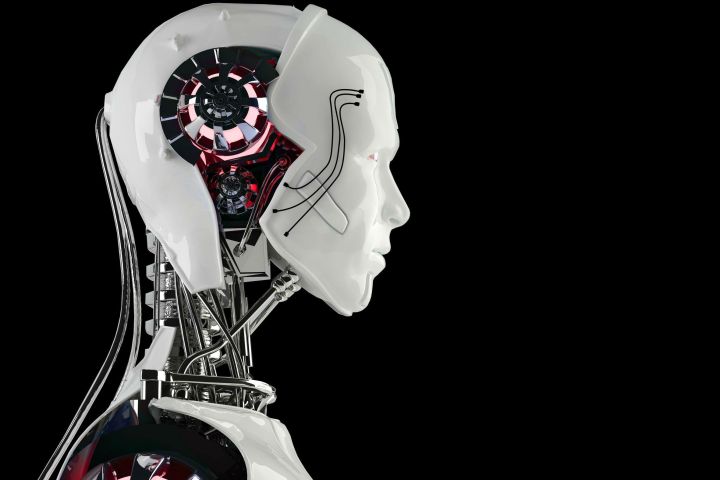
Long known to be a bit of a cynic in regards to artificial intelligence, SpaceX and Tesla CEO Elon Musk decided to do what he does best and put his wealth to good use. Along with Y Combinator president Sam Altman, LinkedIn co-founder Reid Hoffman, and Musk’s PayPal co-founder Peter Thiel, Musk hopes that this donation will to allow OpenAI to function freely without worrying about generating a financial return. In the company’s eyes, this fact alone is paramount to it prioritizing a “good outcome” over its own “self-interest.”
“As a non-profit, our aim is to build value for everyone rather than shareholders,” OpenAI representatives said in a press release. “Researchers will be strongly encouraged to publish their work, whether as papers, blog posts, or code, and our patents (if any) will be shared with the world. We’ll freely collaborate with others across many institutions and expect to work with companies to research and deploy new technologies.”
Despite the $1 billion pledge and celebrity affiliation, it isn’t completely obvious exactly how OpenAI intends to build value or collaborate outside of just plain research. OpenAI does acknowledge the outcome of the organization is unknown and that the road ahead will not be an easy one to navigate. Due in large part to the rapidly changing landscape of artificial intelligence, the company knows it’s hard to predict the development of human-level AI but hopes to stay one step ahead with the creation of its “leading research institution.”
“AI systems today have impressive but narrow capabilities. It seems we’ll keep whittling away at their constraints, and in the extreme case they will reach human performance on virtually every intellectual task,” the statement continues. “It’s hard to fathom how much human-level AI could benefit society, and it’s equally hard to imagine how much it could damage society if built or used incorrectly.”
In addition to the founders, OpenAI plans on initially functioning with nine world-class research engineers and scientists, headlined by research director and Google Brain Team alum Ilya Sutskever. As it progresses and continues to expand, Altman envisions the company to remain a focused contributor to AI research for decades. In an interview with Medium, he further stated the company intends to be as frugal as possible, but that it remains committed to building a beneficial foundation of research no matter how long it takes.
Editors' Recommendations
- Are we about to see ‘the iPhone of artificial intelligence’?
- Elon Musk’s Tesla Roadster just whizzed past Mars
- Researchers use artificial intelligence to develop powerful new antibiotic
- A talking Tesla? It’ll probably just be one more broken promise from Elon Musk
- Artificial intelligence can now identify a bird just by looking at a photo



